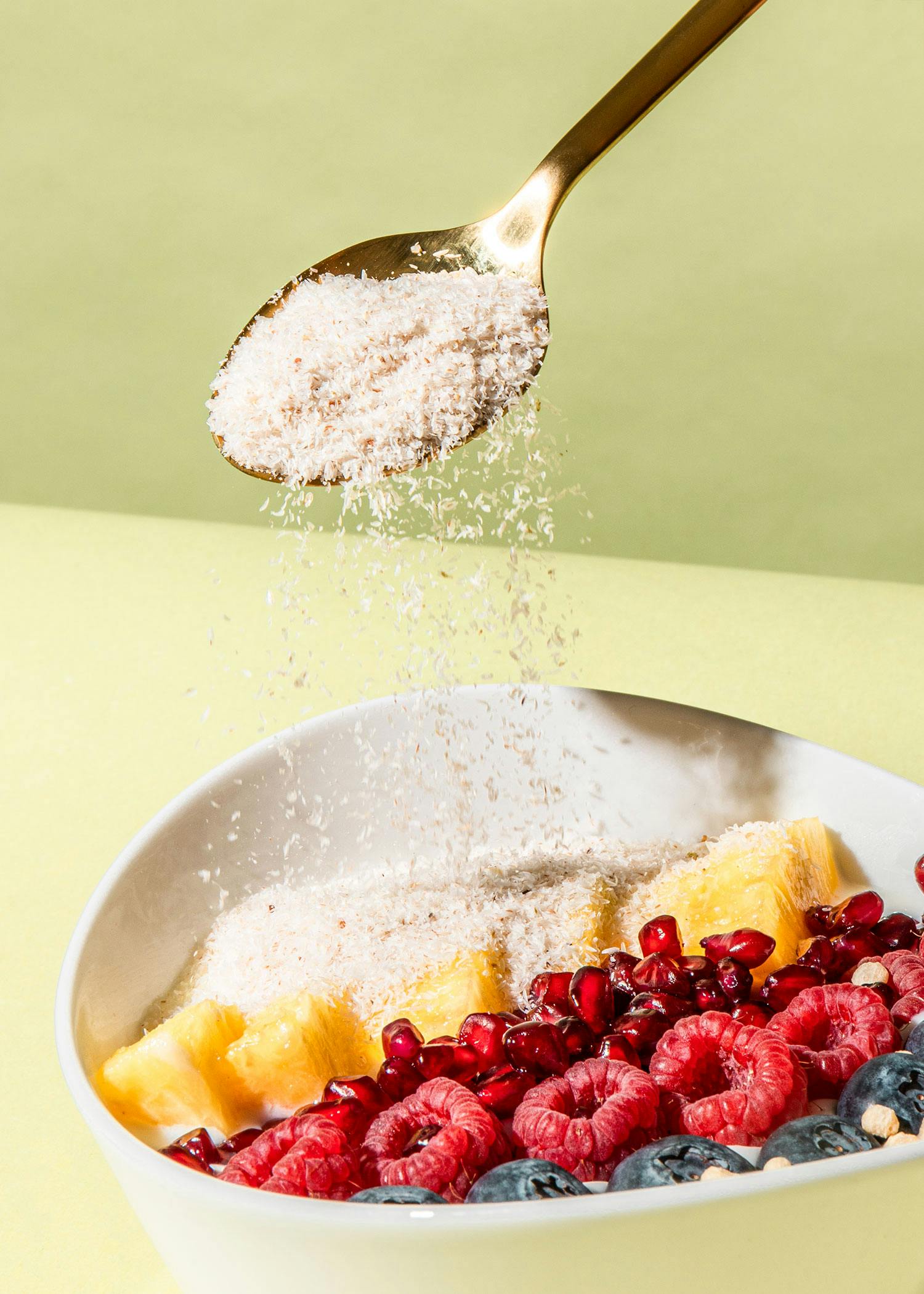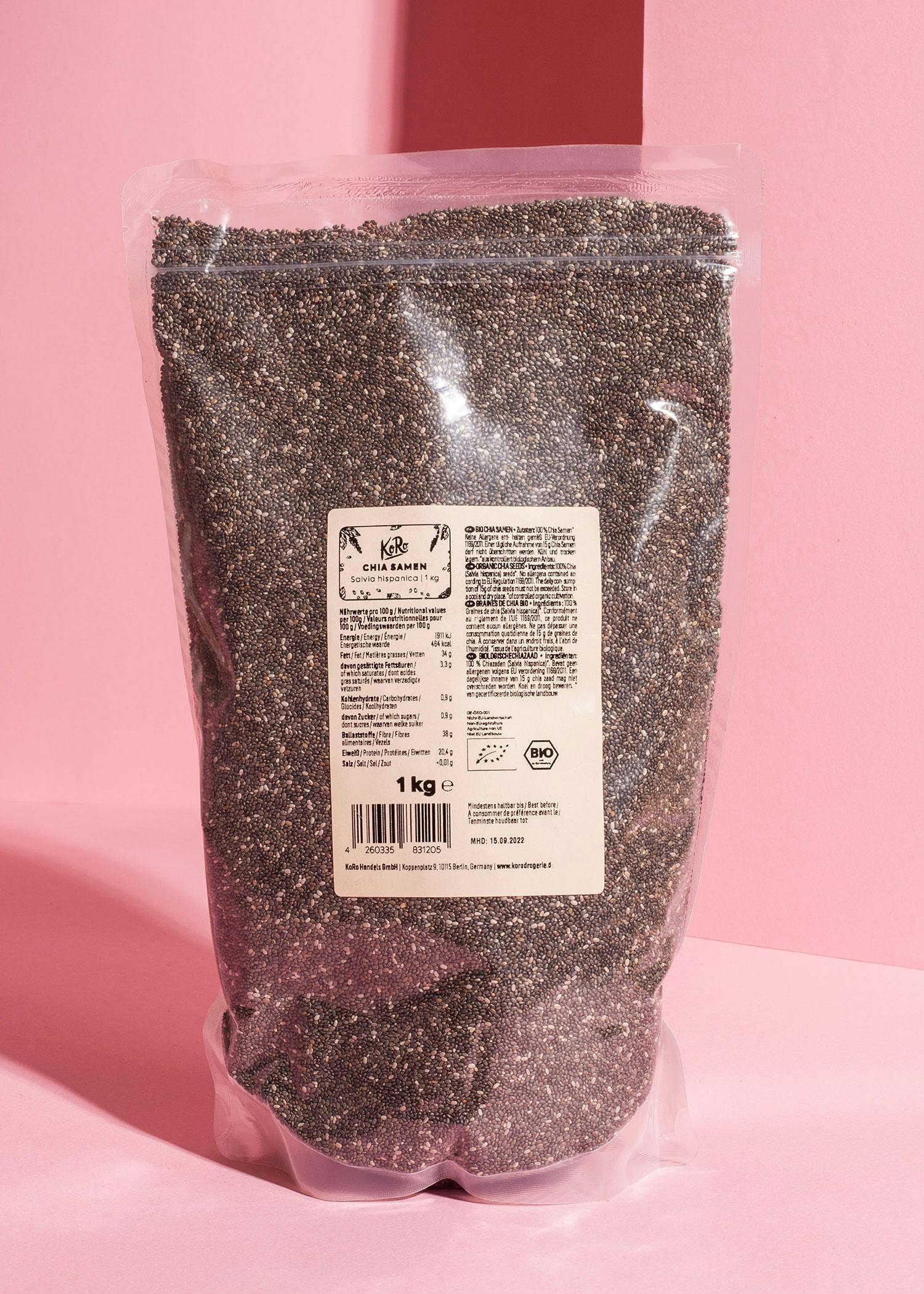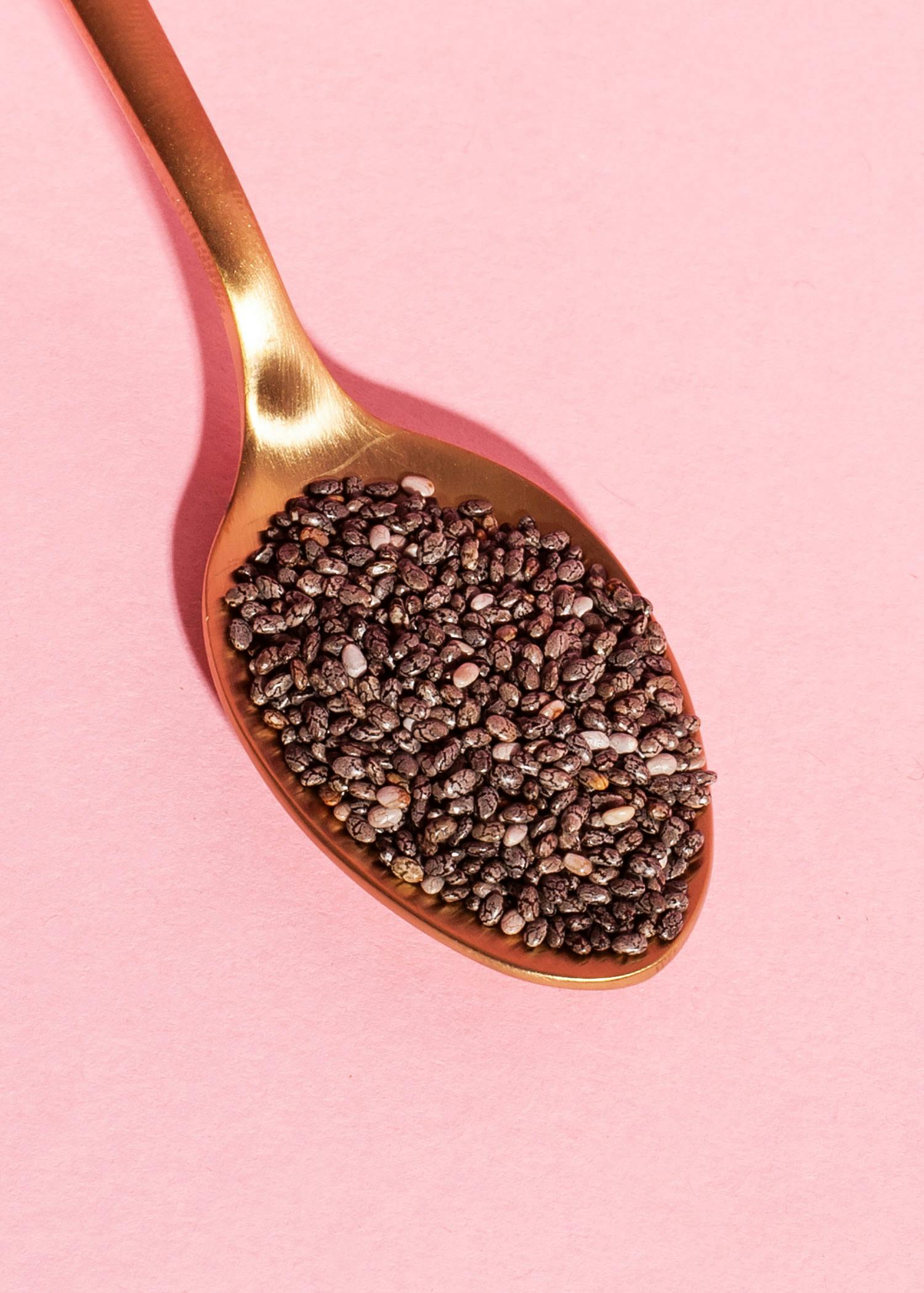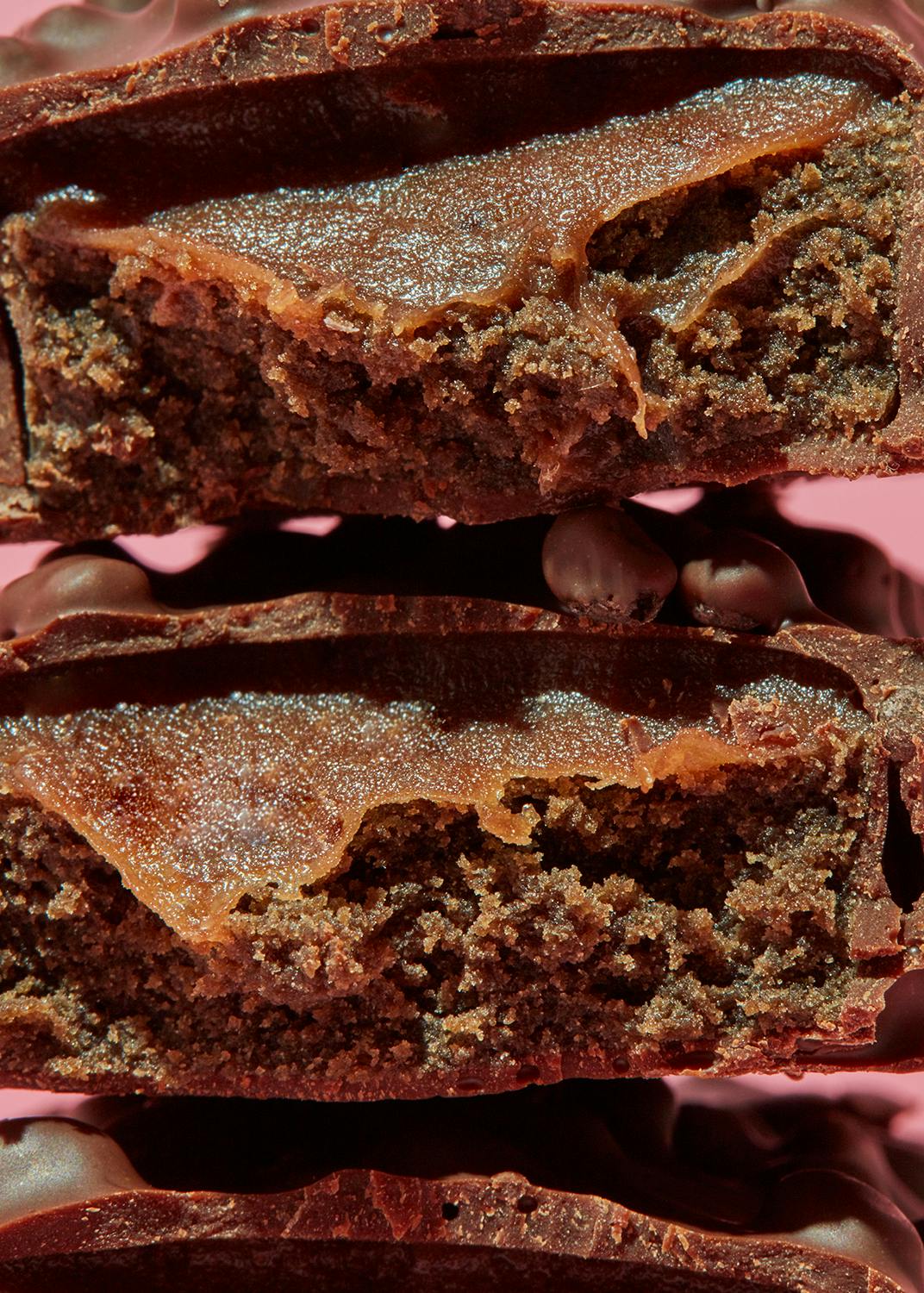
What is dietary fiber?
At this point, we need to refresh your chemistry knowledge from school. If the word chemistry sends shivers down your spine: Don't worry, we'll explain it to you in just two sentences. Chemically speaking, dietary fibres are either oligo- or polysaccharides and therefore belong to the carbohydrate group. However, dietary fibers differ from carbohydrates in that they only pass through the intestinal tract partially digested or undigested.
The name dietary fiber has a very negative connotation. It also contains the word 'ballast' and we don't associate it with anything good. But you can also remember the word plant fiber instead - it sounds more neutral. This is because this is where fiber is primarily found, i.e. in fruit, vegetables, cereals - especially whole grains - legumes, seeds and nuts. But fiber is also found in non-plant foods such as mushrooms and in the chitin body of insects. And in case you're wondering whether mushrooms aren't also plant-based: Fungi have characteristics of both plants and animals and therefore cannot be clearly assigned to either group. Therefore, from a biological point of view, they form a kingdom of their own - royal!
How much fiber should you eat?
The German Nutrition Society (DGE) recommends 30 g of fiber per day. This would correspond to approx. 100 g of pasta made from lentils. However, at 18-19 g per day, we Germans eat far too little of it. This can easily be explained by the fact that after a long day we often prefer to throw a frozen pizza in the oven rather than cook a vegetable curry. The logical consequence: time saved, but also fiber. Our everyday lives are becoming increasingly hectic and instead of cooking with high-fiber ingredients, we often resort to highly processed foods. Although these are practical in hectic everyday life, they unfortunately tend to be low in fiber. We should definitely change this, because eating more fiber brings you many benefits:
- Fiber has a positive effect on high blood pressure.
- Plant fibers help your body to prevent cardiovascular diseases (such as heart attacks or cardiac arrhythmias) and strokes.
- More fiber means more stool volume, which supports regular bowel movements and thus prevents constipation.
More fiber: step by step
Dietary fiber has no negative effects per se, it is just important that you integrate it into your diet step by step. This will prevent unpleasant side effects such as bloating or stomach pain. So instead of replacing pizza with chili sin carne straight away, we recommend adding a small portion of vegetables to your meals first. If you increase slowly, nothing can go wrong! Now you just need to make sure you drink plenty of water. This will help your body with digestion. But you know anyway: hydration is key! In our eyes, this is just another benefit.





